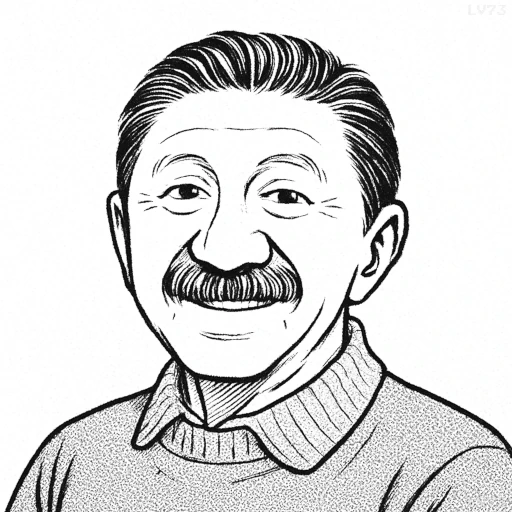“What is necessary to change a person is to change his awareness of himself.”

- April 1, 1908 – June 8, 1970
- American
- Psychologist, Creator of Maslow’s Hierarchy of Needs, Humanistic Psychology Pioneer
table of contents
Quote
“What is necessary to change a person is to change his awareness of himself.”
Explanation
This quote captures a core insight of Abraham Maslow’s humanistic psychology: that transformation begins with self-awareness. Maslow believed that individuals are not static beings but dynamic and evolving, and that the key to meaningful change lies not in external manipulation but in helping a person see themselves differently. When a person becomes aware of their true needs, strengths, and potential, they are more likely to take steps toward growth, fulfillment, and self-actualization.
Historically, this idea stood in contrast to the deterministic views of behaviorism and psychoanalysis, which often attributed human behavior to unconscious drives or environmental conditioning. Maslow, writing in the mid-20th century, championed the belief that humans have an innate drive toward growth and that therapy and education should aim to increase personal insight. In this framework, awareness is empowering—it allows individuals to make conscious choices that align with their values and higher potential.
In today’s world, this quote remains especially relevant in personal development, coaching, and therapy. For example, someone stuck in a cycle of self-sabotage may break free not through willpower alone but by recognizing hidden beliefs about their worth or identity. When people become aware of how they perceive themselves—whether as capable, worthy, or creative—they often begin to behave in ways that reflect that perception. Change flows from the inside out, beginning with awareness.
Would you like to share your impressions or related stories about this quote in the comments section?
